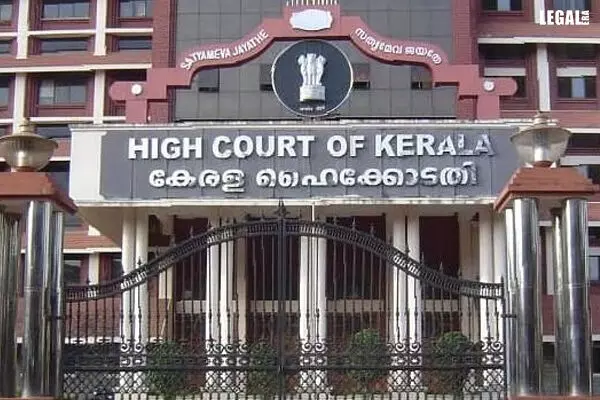- Home
- News
- Articles+
- Aerospace
- AI
- Agriculture
- Alternate Dispute Resolution
- Arbitration & Mediation
- Banking and Finance
- Bankruptcy
- Book Review
- Bribery & Corruption
- Commercial Litigation
- Competition Law
- Conference Reports
- Consumer Products
- Contract
- Corporate Governance
- Corporate Law
- Covid-19
- Cryptocurrency
- Cybersecurity
- Data Protection
- Defence
- Digital Economy
- E-commerce
- Employment Law
- Energy and Natural Resources
- Entertainment and Sports Law
- Environmental Law
- ESG
- FDI
- Food and Beverage
- Gaming
- Health Care
- IBC Diaries
- In Focus
- Inclusion & Diversity
- Insurance Law
- Intellectual Property
- International Law
- IP & Tech Era
- Know the Law
- Labour Laws
- Law & Policy and Regulation
- Litigation
- Litigation Funding
- Manufacturing
- Mergers & Acquisitions
- NFTs
- Privacy
- Private Equity
- Project Finance
- Real Estate
- Risk and Compliance
- Student Corner
- Take On Board
- Tax
- Technology Media and Telecom
- Tributes
- Viewpoint
- Zoom In
- Law Firms
- In-House
- Rankings
- E-Magazine
- Legal Era TV
- Events
- News
- Articles
- Aerospace
- AI
- Agriculture
- Alternate Dispute Resolution
- Arbitration & Mediation
- Banking and Finance
- Bankruptcy
- Book Review
- Bribery & Corruption
- Commercial Litigation
- Competition Law
- Conference Reports
- Consumer Products
- Contract
- Corporate Governance
- Corporate Law
- Covid-19
- Cryptocurrency
- Cybersecurity
- Data Protection
- Defence
- Digital Economy
- E-commerce
- Employment Law
- Energy and Natural Resources
- Entertainment and Sports Law
- Environmental Law
- ESG
- FDI
- Food and Beverage
- Gaming
- Health Care
- IBC Diaries
- In Focus
- Inclusion & Diversity
- Insurance Law
- Intellectual Property
- International Law
- IP & Tech Era
- Know the Law
- Labour Laws
- Law & Policy and Regulation
- Litigation
- Litigation Funding
- Manufacturing
- Mergers & Acquisitions
- NFTs
- Privacy
- Private Equity
- Project Finance
- Real Estate
- Risk and Compliance
- Student Corner
- Take On Board
- Tax
- Technology Media and Telecom
- Tributes
- Viewpoint
- Zoom In
- Law Firms
- In-House
- Rankings
- E-Magazine
- Legal Era TV
- Events
Kerala High Court: Government Entitled To Fix Earned Leave Encashment Income For Tax Exemption

Kerala High Court: Government Entitled To Fix Earned Leave Encashment Income For Tax Exemption
The retired employees of PSUs and scheduled banks sought direction to the government to review the income limit
The Kerala High Court has held that it is the government’s prerogative to fix the income limit from the encashment of earned leave (EL) salary for payment exemption of income tax.
The bench of Justice Murali Purushothaman added that unless the government issued a notification fixing the limit, an employee could not claim exemption on the encashment of EL for up to 300 days.
The government’s last notification was issued on 31 May 2002, despite three pay revisions. The latest notification was in 2023, after which the upper limit was fixed at Rs.25 lakhs, taking the highest salary of the cabinet secretary, i.e., Rs.2.5 lakhs per month.
The bench held, “We sympathize with the petitioners, but considering the limitations of powers, the Court is unable to issue a writ of mandamus commanding the respondents to revise the upper limit of the employees who retired before 01 April 2023. This is in the realm of policy decisions taken by the executive.”
The petitioners sought the direction of the respondent department to review the income limit for tax purposes on earned leave salary under Section 10AA(ii) of the Income Tax Act, 1961, with retrospective effect. They are retired employees of different public sector undertakings and scheduled banks. All retired from service before 01 April 2023.
However, the Court disposed of the writ petition, providing liberty to the petitioners to approach the government for the reliefs sought.


